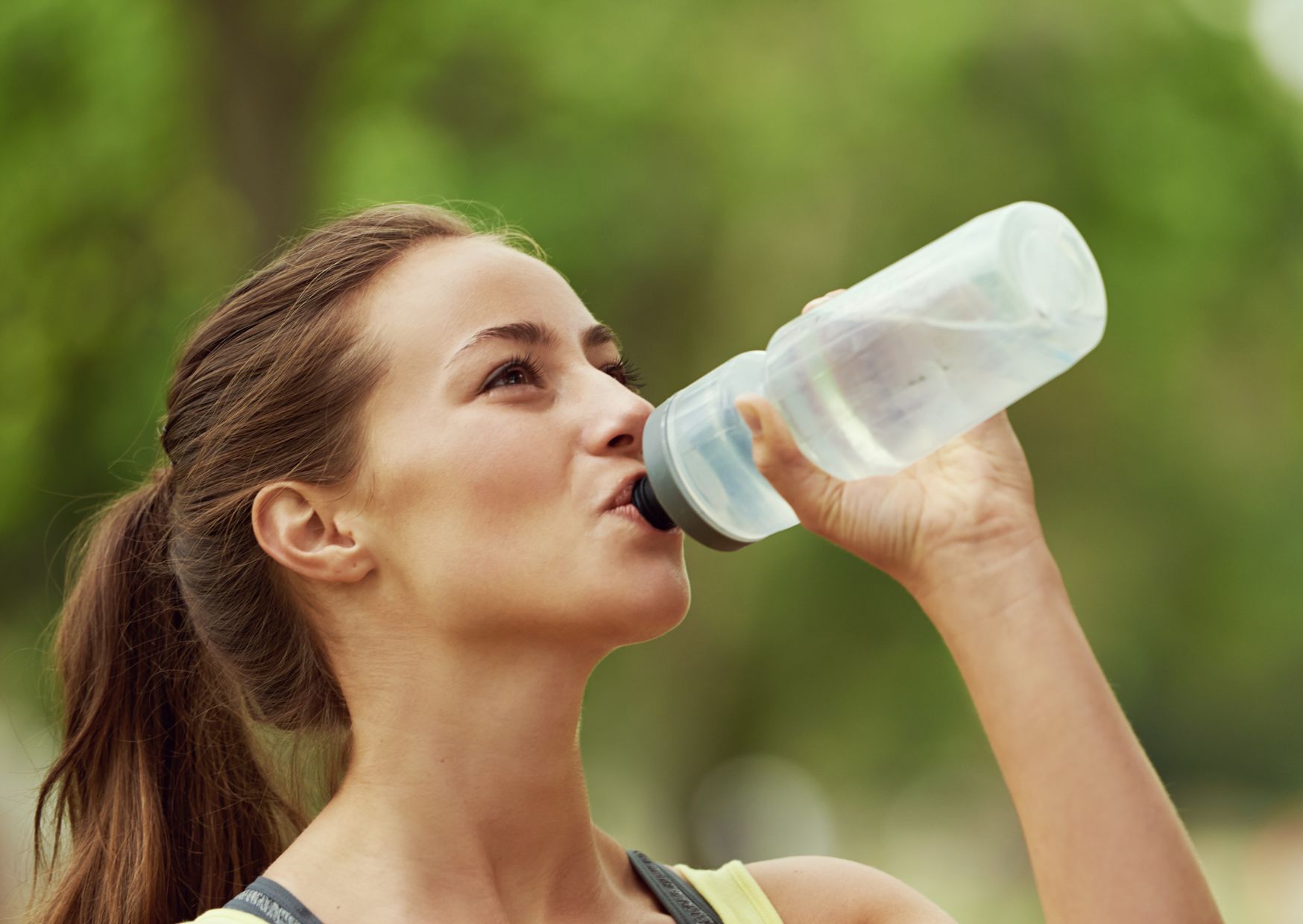The Role of Hydration in Maintaining Overall Health and Wellbeing
Water is essential for life, playing a critical role in our overall health and wellbeing.
Staying hydrated is crucial, but it’s often an aspect of self-care that people overlook.
In this blog, we will discuss the importance of hydration, its physiological and cognitive benefits, its connection to weight management, and strategies for staying hydrated.
Contents
The Composition of the Human Body and the Role of Water
The Physiological Benefits of Proper Hydration
The Cognitive and Psychological Benefits of Staying Hydrated
The Connection Between Hydration and Weight Management
Strategies for Staying Hydrated and Promoting Health and Wellbeing
The Importance of Staying Hydrated During Exercise and Outdoor Activities
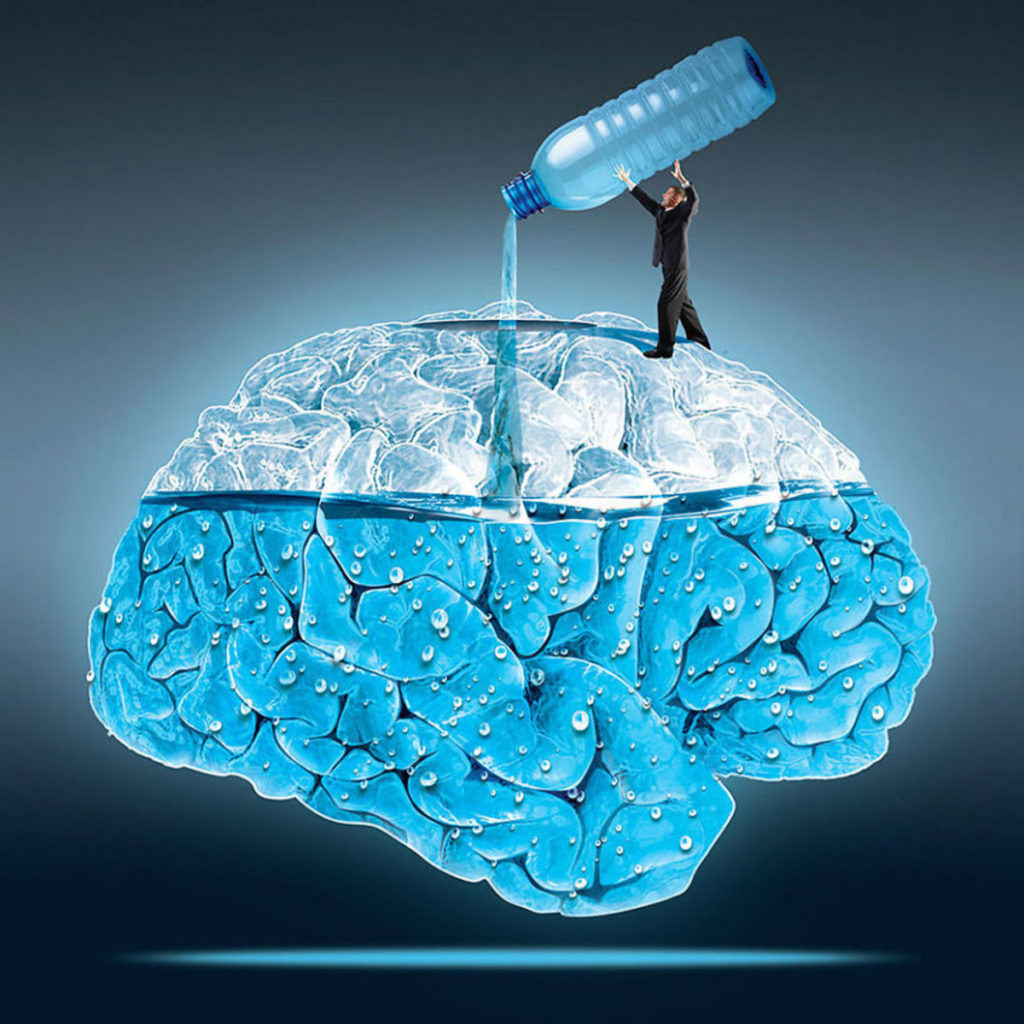
The Composition of the Human Body and the Role of Water
Water makes up approximately 60-70% of the human body and is a vital component of our cells, tissues, and organs.
It serves as a medium for various biochemical reactions, helps transport nutrients and oxygen, and aids in waste elimination.
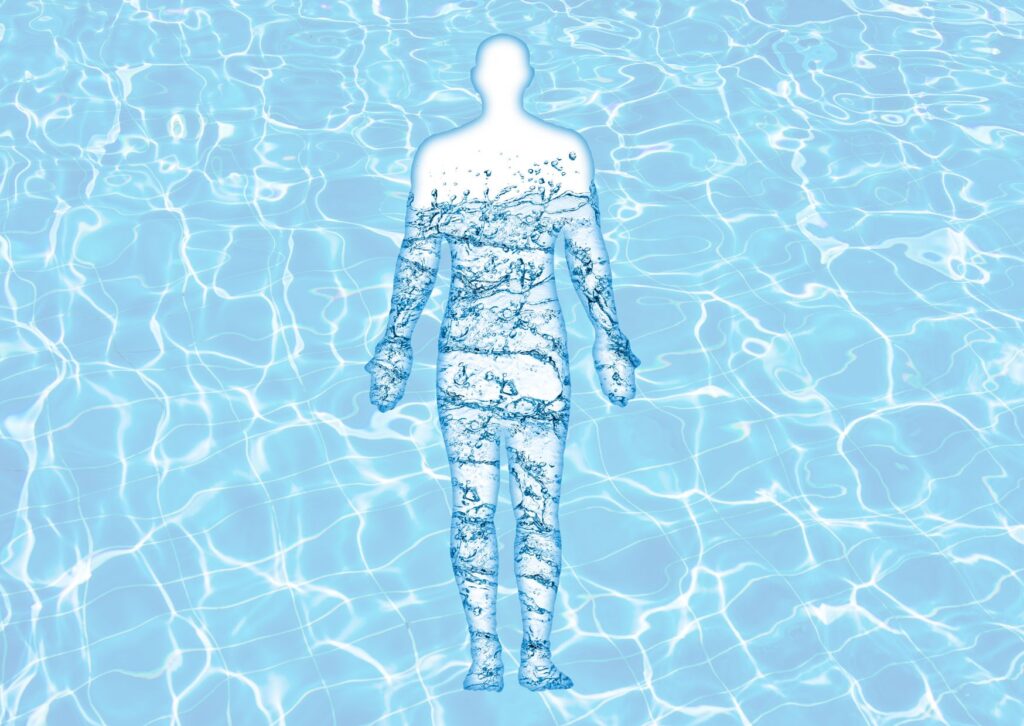
How Much Water Does the Average Person Need Daily?
Although individual hydration needs may vary, The U.S. National Academies of Sciences, Engineering, and Medicine recommend to consume about 3.7 liters (13 cups) of water per day if you’re male and 2.7 liters (9 cups) if you’re female
However, this amount includes water from all sources, such as beverages and water-rich foods like fruits and vegetables.
Factors Affecting Individual Hydration Needs
Several factors can influence your hydration needs, including age, activity level, climate, food or liquid consumption and overall health.
It’s essential to listen to your body and adjust your water intake accordingly.
If you consume liquids that contain caffeine, this can dehydrate you, therefore potentially increasing the need for water.
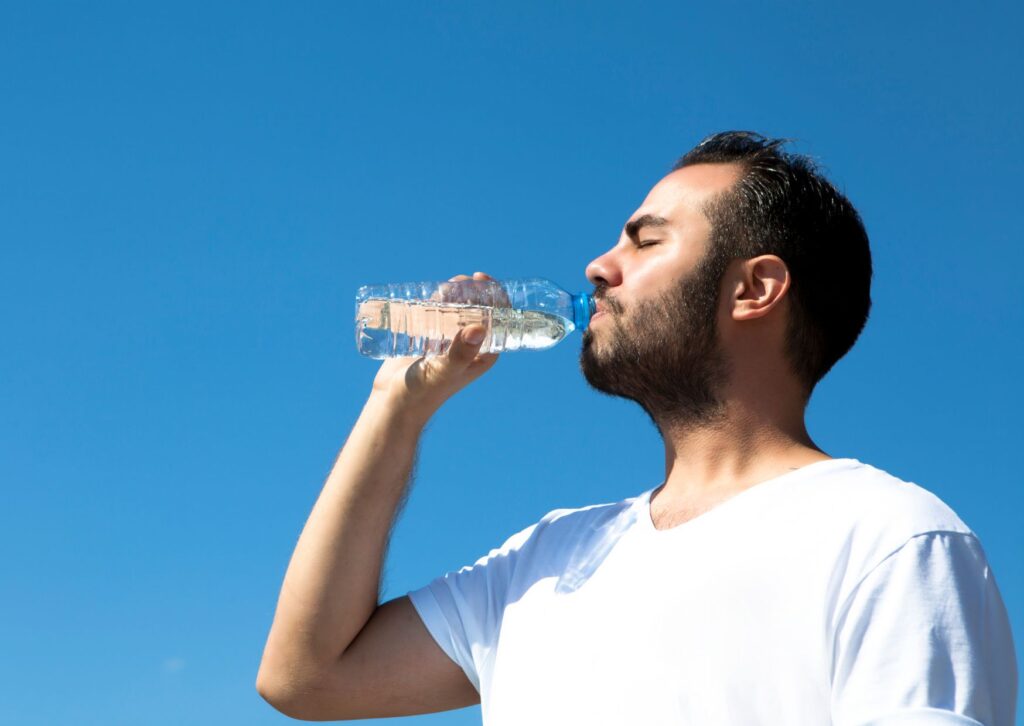
The Physiological Benefits of Proper Hydration
Water’s Role in Digestion and Nutrient Absorption
Water is crucial for digestion, as it helps break down food, making nutrients available for absorption.
It also aids in the smooth functioning of the gastrointestinal tract, preventing constipation and other digestive issues.
Maintaining Body Temperature and Thermoregulation
Staying hydrated is essential for regulating body temperature, especially during exercise or hot weather.
Water helps dissipate heat through sweating, preventing overheating and ensuring optimal performance.
Ensuring Proper Circulation and Blood Flow
Hydration plays a critical role in maintaining proper blood volume, which is essential for healthy circulation and the delivery of oxygen and nutrients to cells.
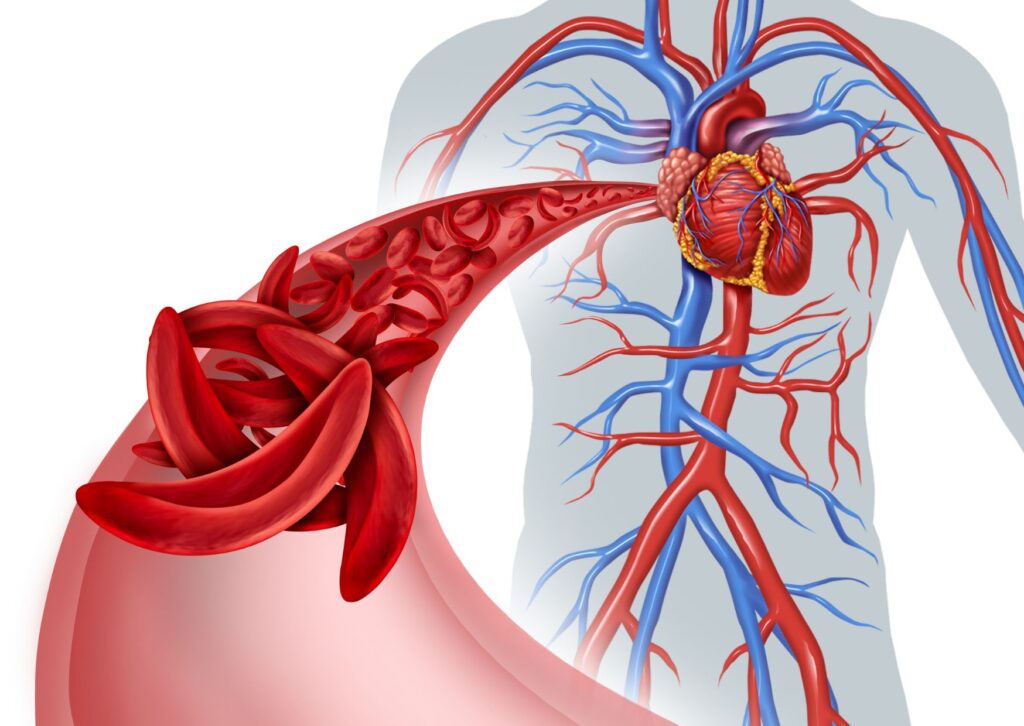
Elimination of Waste Products Through Urine and Sweat
Water helps flush out toxins and waste products from the body through urine and sweat.
Staying well-hydrated supports kidney function and prevents the build-up of harmful substances in the body.
The Cognitive and Psychological Benefits of Staying Hydrated
Effects of Dehydration on Cognitive Function and Mood
Dehydration can negatively impact cognitive function, impairing concentration, memory, and mood.
Even mild dehydration can lead to feelings of fatigue, irritability, and decreased mental clarity.
How Hydration Can Improve Concentration, Alertness, and Memory
Staying hydrated supports brain function, helping you stay focused, alert, and able to retain information.
A well-hydrated brain is better equipped to handle cognitive tasks and process information efficiently.
If you’re not staying hydrated, how do you expect to think clearly?
The Role of Hydration in Combating Stress and Fatigue
Proper hydration can help manage stress and reduce fatigue by promoting healthy brain function, supporting hormone balance, and improving sleep quality.
If you’re dehydrated, this can make you feel more tired, and more easily irritable, therefore potentially contributing to stress.
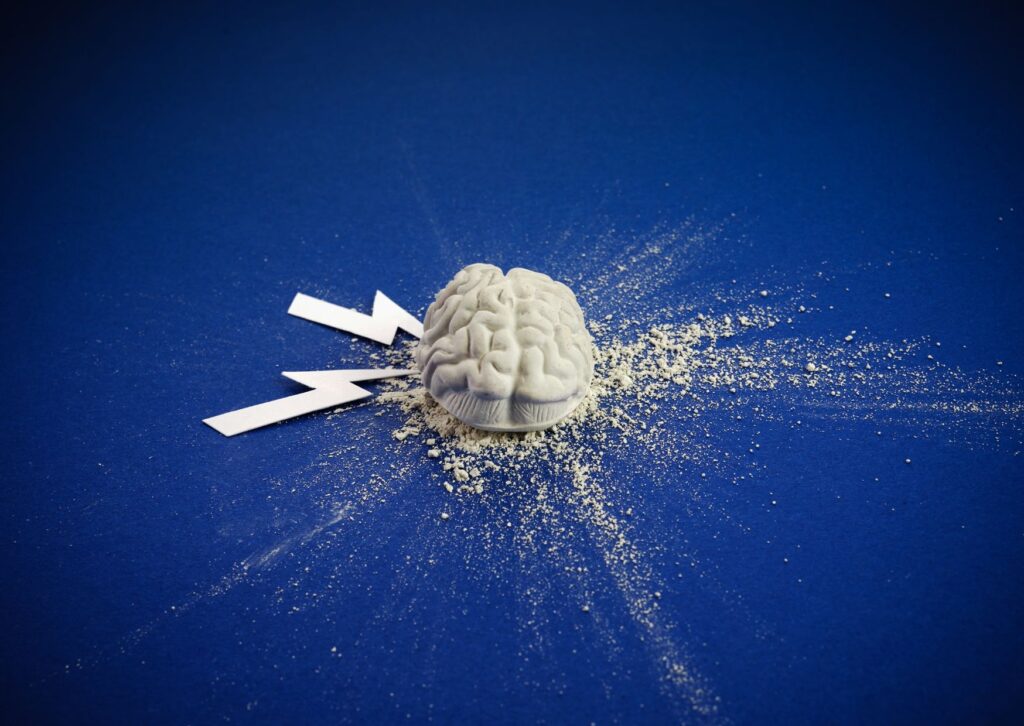
The Connection Between Hydration and Weight Management
The Role of Water in Metabolism and Energy Production
Water is vital for metabolism, supporting cellular energy production and the breakdown of fats and sugars.
Staying hydrated ensures that your body can efficiently process the nutrients it needs for optimal energy levels.
How Hydration Can Help Control Appetite and Prevent Overeating
Staying hydrated can aid in appetite regulation, as dehydration is often mistaken for hunger.
Drinking water before meals can help you feel fuller, reducing the likelihood of overeating and assisting in weight management.
The human body can survive for over a month without food but without water, we would perish within 3-4 days.
The Benefits of Consuming Water-Rich Foods for Weight Loss and Overall Health
Incorporating water-rich foods like fruits, vegetables, and soups into your diet can help you stay hydrated while providing essential nutrients and promoting a healthy weight.
These foods tend to be lower in calories and more filling, making them ideal choices for weight management.
Some examples of water rich foods include:
Cucumber, watermelon, strawberries, peaches, oranges, lettuce, celery, grapefruit, and tomatoes, just to name a few.
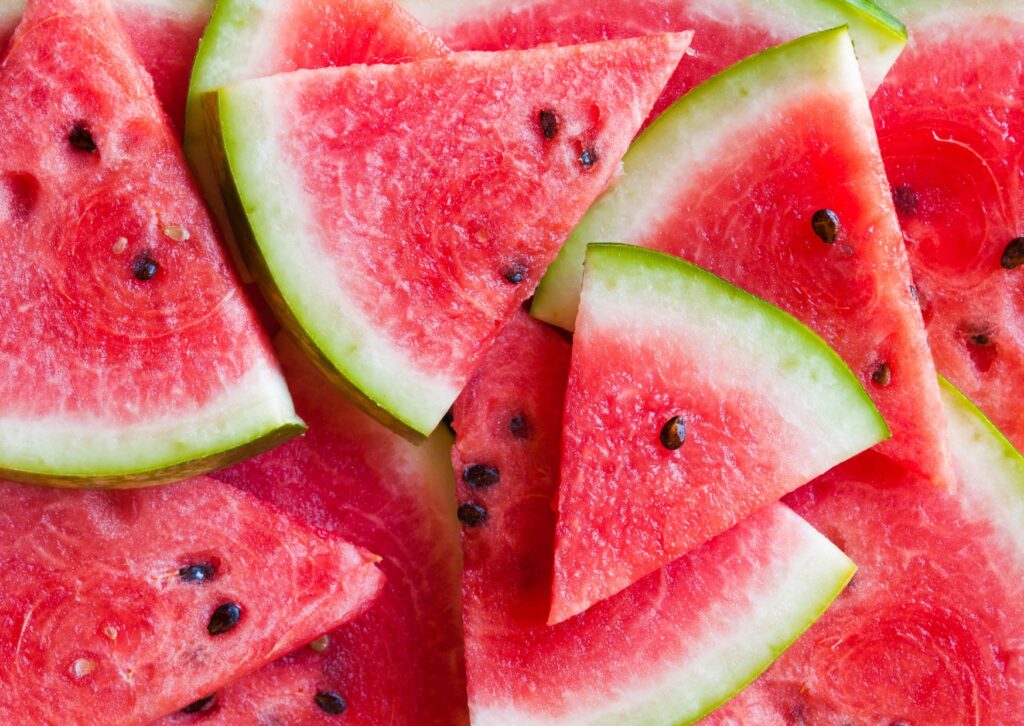
Strategies for Staying Hydrated and Promoting Health and Wellbeing
Identifying the Signs of Dehydration and How to Prevent It
Recognising the signs of dehydration can help you take action to maintain proper hydration levels.
Common symptoms include dark urine, fatigue, dizziness, and dry skin.
Prevent dehydration by sipping water throughout the day, monitoring your urine colour, and adjusting your water intake based on your activity level and environment.
Tips for Incorporating More Water into Your Daily Routine
Establishing healthy hydration habits can make it easier to stay consistently hydrated. Some tips include:
- Carrying a reusable water bottle
- Setting reminders to drink water
- Flavouring water with fruit or herbs for added taste
- Eating water-rich foods regularly
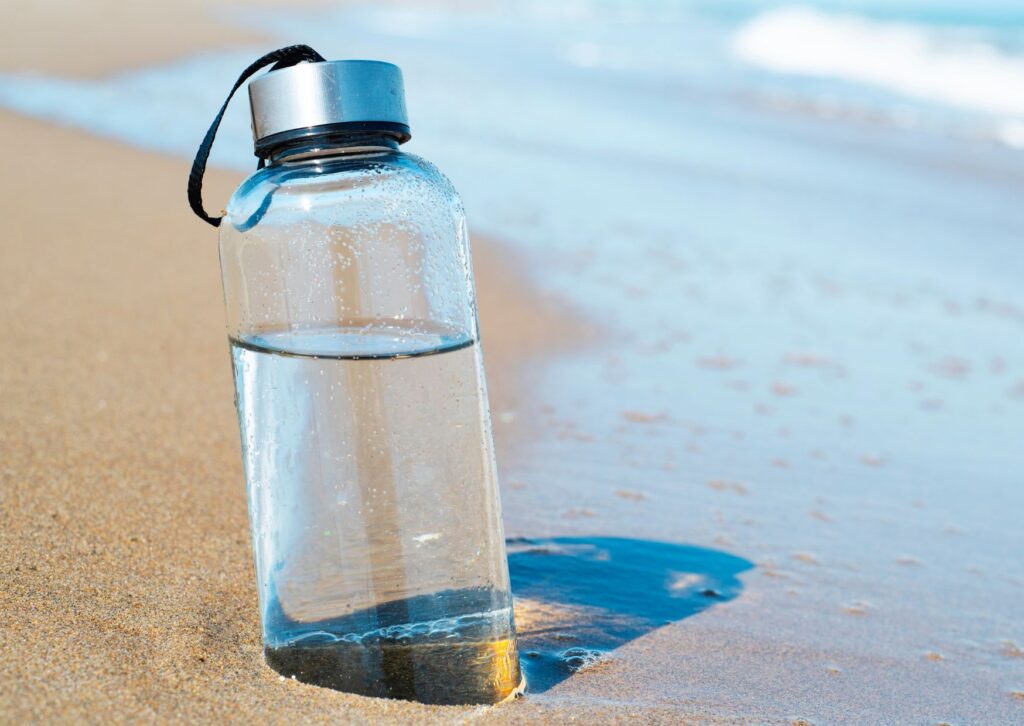
Choosing Healthy, Hydrating Beverages and Foods
Not all beverages are equally hydrating. Limit your intake of caffeinated and alcoholic drinks, which can be dehydrating, and opt for water, herbal tea, or water-rich fruits and vegetables instead.
Alcohol isn’t good for hydration due to its diuretic properties, which cause an increase in urine production and lead to a net loss of fluids.
Consuming alcohol can disrupt the balance of electrolytes in the body.
Alcohol-induced dehydration can hinder various bodily functions, including temperature regulation, digestion, and cognitive performance.
Furthermore, excessive alcohol consumption can exacerbate the risk of dehydration-related complications, such as fatigue, headaches, and muscle cramps, negatively impacting overall health and wellbeing.
The Importance of Staying Hydrated During Exercise and Outdoor Activities
Maintaining proper hydration is crucial during physical activity and when spending time outdoors, especially in warm weather. Staying hydrated offers several benefits and helps prevent potential complications associated with dehydration.

Benefits of Staying Hydrated During Exercise and Outdoor Activities
Optimal Performance: Proper hydration ensures that your muscles receive an adequate supply of oxygen and nutrients, preventing muscle fatigue and maintaining peak performance levels during physical activities.
Thermoregulation: Sweating is the body’s natural cooling mechanism during exercise and exposure to heat.
By staying well-hydrated, you support this process, preventing overheating and heat-related illnesses such as heatstroke or heat exhaustion.
Preventing Muscle Cramps and Injuries: Dehydration can lead to muscle cramps, weakness, and an increased risk of injuries.
Staying hydrated during exercise and outdoor activities helps maintain muscle function and flexibility, reducing the risk of cramps and injuries.
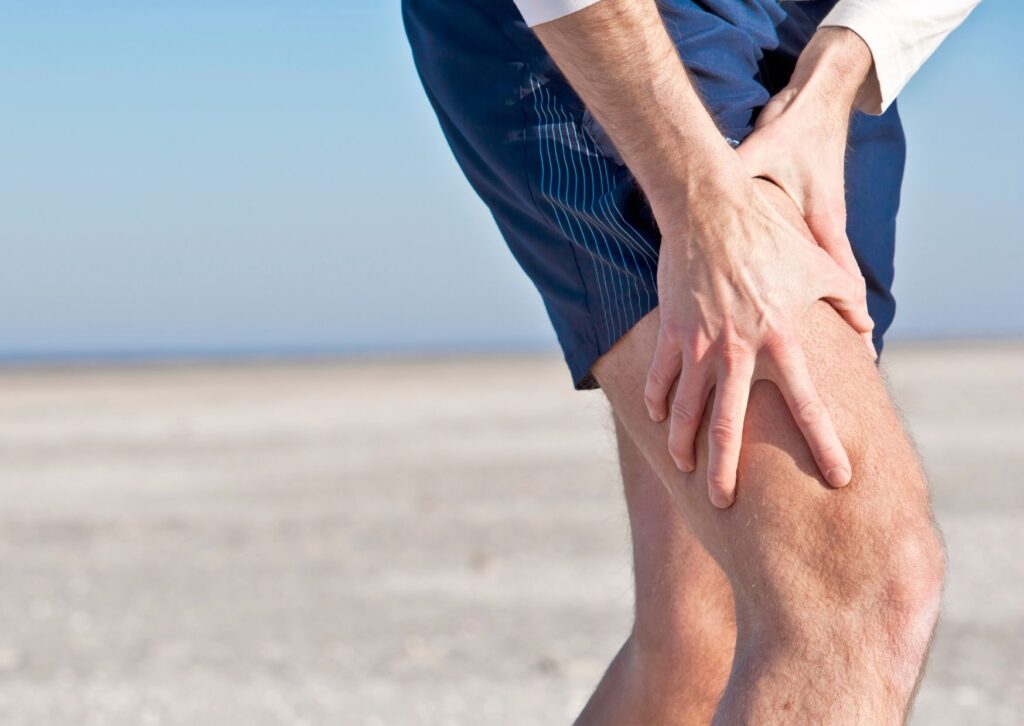
Enhanced Recovery: Hydration plays a vital role in post-exercise recovery, helping remove waste products such as lactic acid and replenishing lost electrolytes.
Adequate hydration can speed up recovery and reduce muscle soreness.
Tips for Staying Hydrated During Exercise and Outdoor Activities
Hydrate Pre-emptively: Drink water before you begin your workout or outdoor activity to ensure you’re starting from a well-hydrated state. Aim to consume 500ml (17 ounces) of water two hours before exercise.
Sip Water During Physical Activity: Regularly sip water during your workout or outdoor activity to maintain hydration.
For exercise lasting less than an hour, water should suffice, but for longer or more intense sessions, consider an electrolyte-enhanced sports drink to replenish lost salts and minerals.
Listen to Your Body: Pay attention to signs of thirst and dehydration, such as a dry mouth, fatigue, or dizziness. Adjust your water intake based on your activity level, sweat rate, and the weather conditions.
Rehydrate Post-Exercise: Replenish fluids and electrolytes lost during exercise by drinking water or an electrolyte-enhanced beverage immediately after your workout.

by understanding the importance of staying hydrated during exercise and outdoor activities and implementing these tips, you can enjoy better performance, faster recovery, and reduced risk of dehydration-related complications.
Proper hydration is vital for overall health and wellbeing, impacting everything from digestion to cognitive function.
By understanding the importance of hydration and implementing strategies to maintain adequate water intake, you can promote a healthier, happier, and more energized life.
Our “Improve Your Physical Wellbeing” workshop and webinar offer additional insights into the benefits of hydration and other aspects of physical health.
We encourage you to attend and learn more about this crucial component of a healthy lifestyle.
Author
Tyler Lowe – Health & Wellbeing Speaker
BSc Sport & Exercise Rehabilitation


